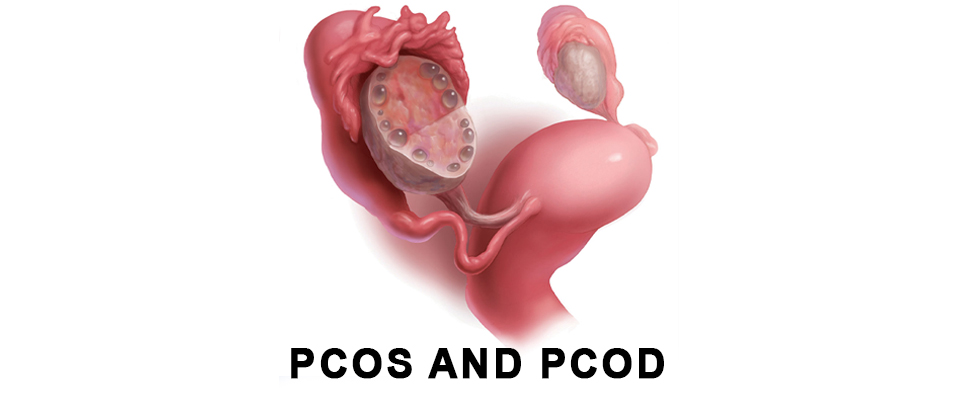Polycystic ovary syndrome (PCOS) is a common hormonal disorder among women of reproductive age, and while it cannot be cured, its symptoms can be managed effectively. Treatment options for PCOS typically focus on managing symptoms and reducing the risk of long-term complications such as diabetes and heart disease. Here are the main treatment approaches:
Lifestyle Changes:
- Weight Management: For overweight women with PCOS, losing weight through a balanced diet and regular exercise can help improve insulin sensitivity, regulate menstrual cycles, and reduce androgen levels.
- Healthy Diet: A diet that is low in processed sugars and refined carbohydrates and high in fiber-rich foods, vegetables, and lean proteins can help manage insulin levels and weight.
Medications:
- Birth Control Pills: Oral contraceptives can regulate menstrual cycles, reduce androgen levels, and help manage symptoms such as acne and unwanted hair growth.
- Anti-androgen Medications: Spironolactone is commonly used to reduce the effects of excess androgens, such as acne and unwanted hair growth with PCOD/PCOS Treatment in Jaipur.
- Metformin: Often used in women with PCOS who have insulin resistance, metformin helps lower insulin levels and may improve ovulation and menstrual cycles.
Fertility Treatments:
- Ovulation Induction: Medications such as clomiphene citrate or letrozole may be prescribed to stimulate ovulation in women trying to conceive.
- Assisted Reproductive Technology (ART): Techniques like in vitro fertilization (IVF) may be used if other fertility treatments are unsuccessful.
Management of Symptoms:
- Acne Treatments: Topical or oral medications can help manage acne symptoms.
- Hair Removal Treatments: Methods such as electrolysis or laser hair removal can be used for unwanted hair growth.
- Scalp Hair Loss: Treatments like minoxidil may be used to promote hair regrowth.
Psychotherapy:
- Counseling or Support Groups: Managing the emotional and psychological aspects of PCOS, such as anxiety or depression related to symptoms, can be beneficial.
Surgery:
- Ovarian Drilling: In some cases, a surgical procedure called laparoscopic ovarian drilling may be recommended to improve ovulation in women who do not respond to medications.
Treatment for PCOS is typically individualized based on the specific symptoms and goals of each woman. It often involves a combination of approaches to address both the hormonal imbalance and the symptoms caused by PCOS. Regular monitoring and follow-up with a healthcare provider, such as a gynecologist or endocrinologist, are important to adjust treatment as needed and to monitor for any long-term health risks associated with PCOS.




.png)

Comments